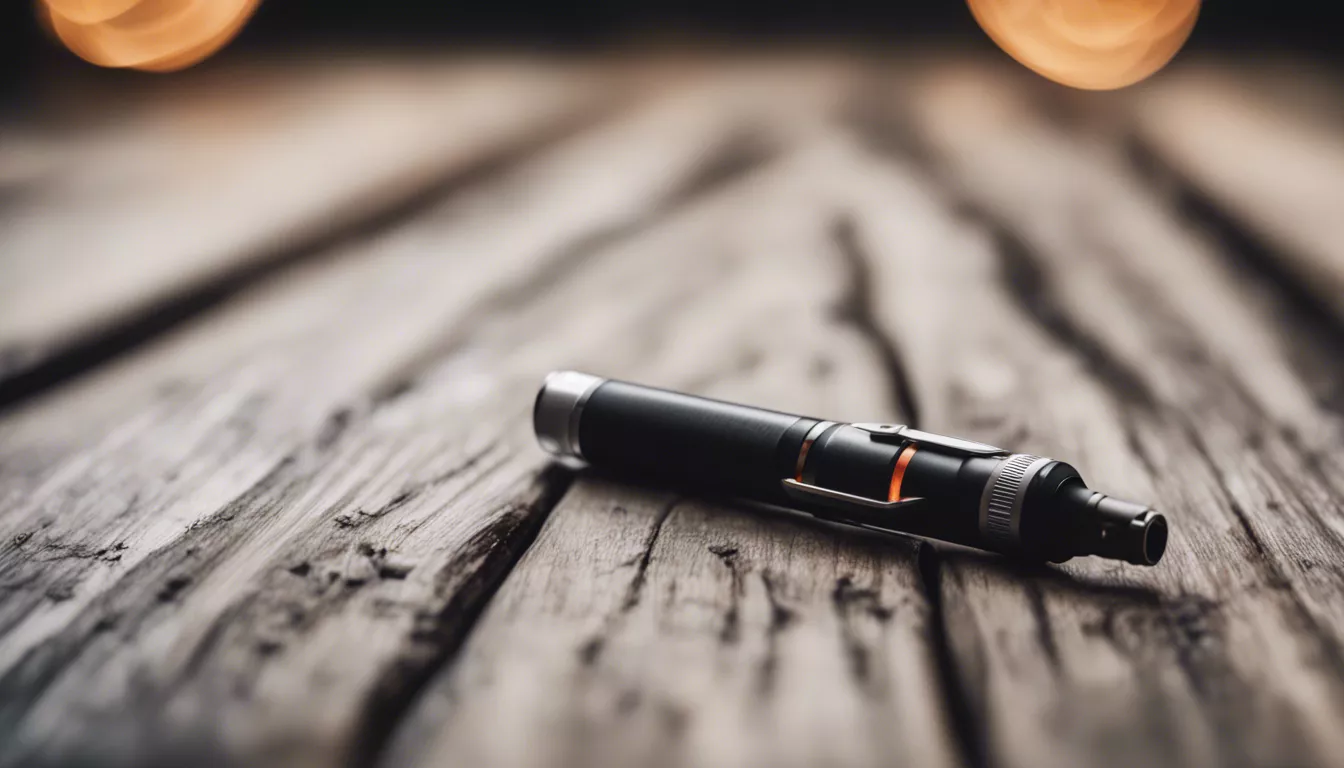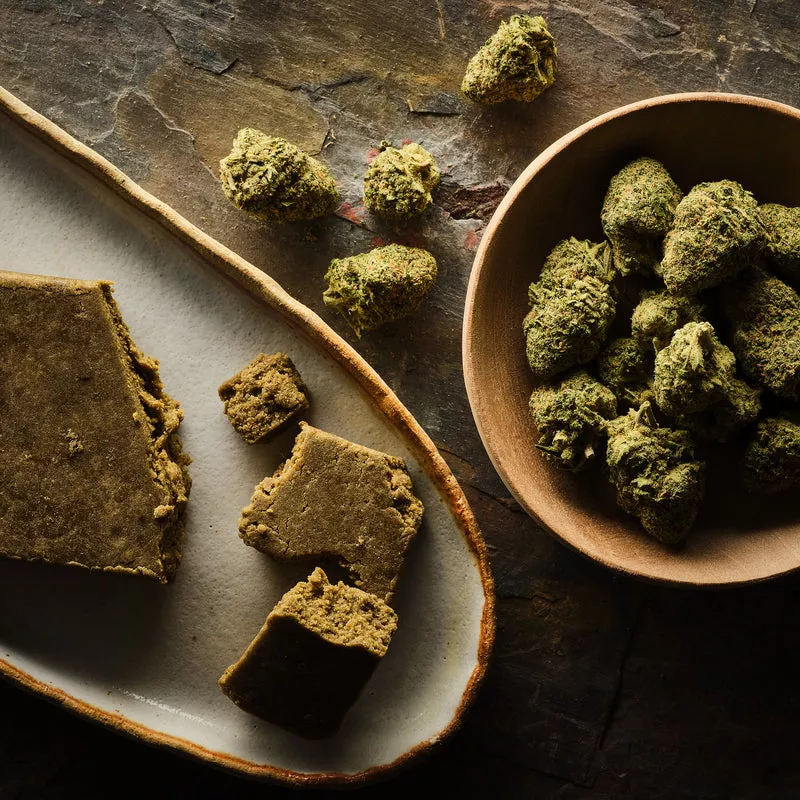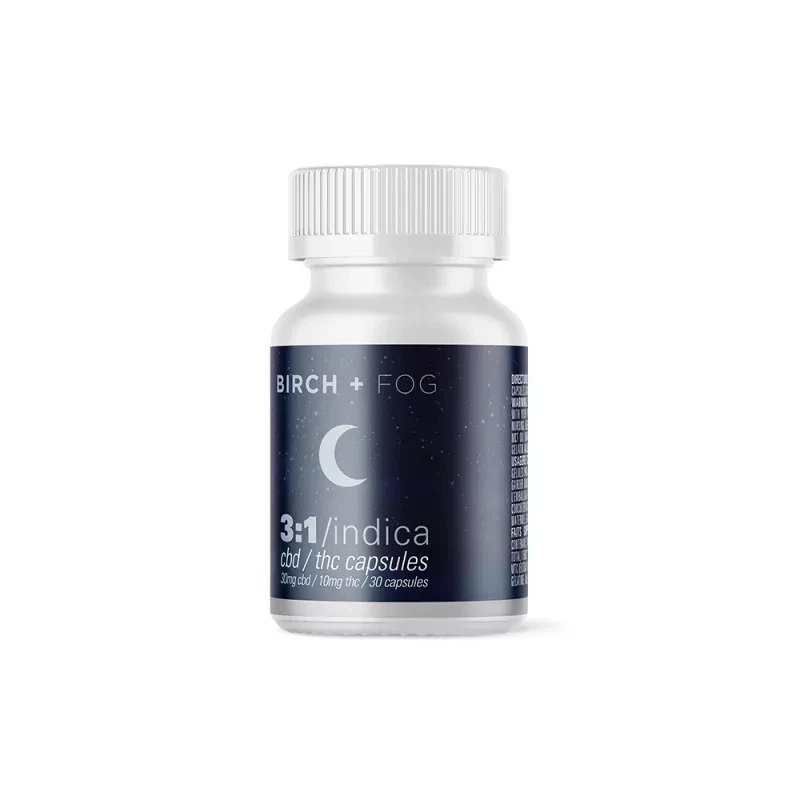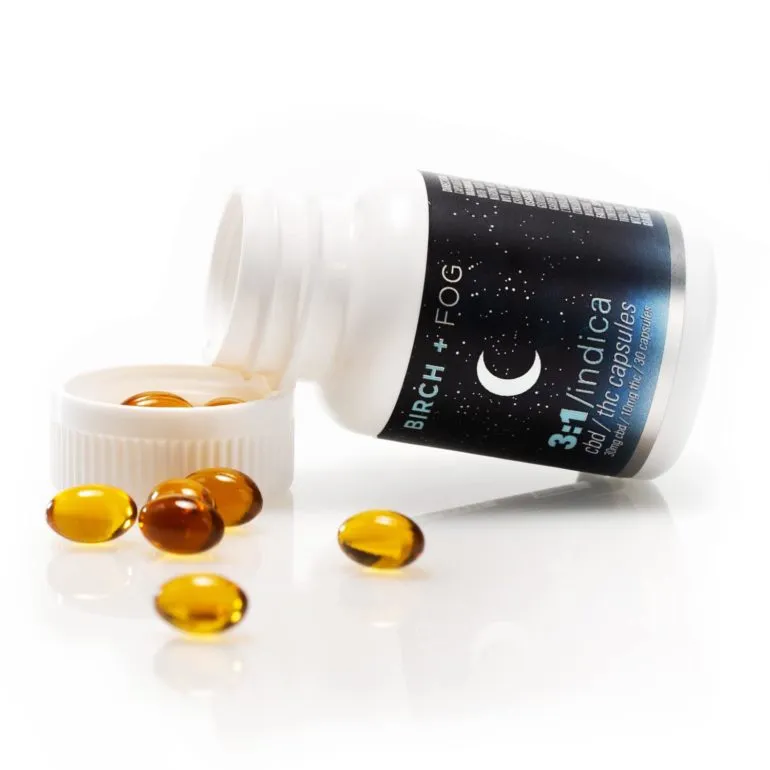- Shop All
- Type
- (144) THC>
- (75) CBD>
- Need
- Sleep>
- (21) Pain>
- (10) Anxiety>
- (6) Pets>
- (88) Edibles
- (14) CBD Edibles>
- (60) THC Edibles>
- (3) Ratio Edibles>
- (33) Hybrid Edibles>
- (87) Vegan>
- (5) Beverages>
- Strain
- (29) Indica>
- (24) Sativa>
- (47) Hybrid>
- (14) Tinctures
- (5) Anxiety Tinctures>
- (9) CBD Tincture>
- (1) Pain Tincture>
- (4) Ratio Tincture>
- (4) Sleep Tincture>
- (4) THC Tincture>
- (4) Capsules
- (1) CBD Capsules>
- (0) THC Capsules>
- (3) Ratio Capsules>
- Foggers
Will CBD Oil Make Me Sleepy?
Olivia St JamesJanuary 1, 2022LatestContents
CBD oil is considered safe and easy to dose, but when it comes to the effects, one might wonder if CBD can make one feel sleepy.
CBD oil has been shown to help people have a better sleep and products like CBD sleep pills in Canada are available for easy dosing and better night rest.
While a side effect that CBD can give is the feeling of fatigue, is not a feeling everybody gets, much of the side effects felt has to do mainly with the condition you are treating and your tolerance to CBD oil.
Read along and find out how CBD oil works, and it´s possible side effects.
What are CBD oil benefits for Sleep?
Hemp is cultivated for its fibers and high quantities of CBD, extracted and used to manufacture CBD oil and CBD's non-psychoactive effects have become an excellent option for better sleep.
Through the interaction with the body's ECS (endocannabinoid system), CBD can potentially help with insomnia and other sleep disorders.
Another prevalent cannabinoid recommended for better sleep is THC; in low amounts, it can help provide a better night´s rest when sleep problems are caused by pain, anxiety, or depression.
According to research higher doses of CBD were observed to promote mental sleepiness. And in a research comparing CBD to nitrazepam, high-dose CBD at 160 mg was observed to enhance sleep duration.
Also individuals were examined for anxiety and sleep issues in a naturalistic research conducted by a well-known wellness facility in Colorado, with a larger percentage showing recovery from these conditions. CBD was also discovered to be more well tolerated than traditional prescriptions.
What CBD oil for sleep method is best?
CBD oil for sleep has become prevalent as an alternative treatment for sleep disorders and other therapeutic uses like anxiety, pain, and depression, all associated with sleep problems.
CBD capsules -You might find that CBD for sleep pills are easier to swallow with no aftertaste and precise dosage.
CBD tinctures - CBD oil tinctures offer the benefit of changing your dosage when convenient, and when applied sublingually the effect is felt in less than 30 min. Or if preferred as shared in healthline a cocktail with CBD drops, is another way to help you achieve a restful night.
CBD edibles - An edible like CBD gummies or chocolate are sweets that come in different CBD concentration, they can be stored and taken when ever you decide is best to have a sweet treat with no earthy flavor common of CBD oil.
CBD topical - CBD bath bombs, salts and CBD balms, are convenient methods that can be absorbed trough the skin and provide CBD benefits. CBD topicals makes them ideal when combined with another CBD method, this to get a plus on your relief.
This various CBD methods can also be found with ratios of CBD to THC, this two cannabinoids are considered the strongest anti inflammatory when combined, making ideal for chronic pain. Ratio tinctures, capsules, edibles and topical are methods easy to find and can be used interchangeable.
Our Top Picks for Sleep Pills Canada
CBD oil in the form of a pill or capsule can be a preferred method of consumption for many individuals. Easy to swallow, constant and precise dosage with no aftertaste tends to be a great reason to pick CBD oil capsules form.
In our list we present our top CBD oil for sleep in a form of capsules that are designed for a better night sleep, and available on our online store for purchase.
1 Birch + Fog | CBD/THC Capsules 3:1 Ratio Night Time
For a relaxing night time, these ratio capsules by Birch + Fog offer a combination of CBD and Indica THC, providing relief from pain and other health conditions that might be interfering with your sleep.
As our brand signature, Birch + Fog offers quality cannabis oils high quality standards that are verified periodically to ensure the best experience for our customers.
Pros
- CBD/ THC 3:1 Ratio
- Formula designed for night time
- MCT oil
- Easy to swallow
- Precise dosage
- Constant dosage
- Spill-proof bottle
Cons
- Might not be suitable for people susceptible to THC
- Non-vegan
Highlights
- CBD in capsule form is easy to keep track of your intake.
- Night time formula, Indica soft gel capsules indicated for their relaxing and soothing effect.
2 Now + Then | 10:1 Ratio Capsules
Full-spectrum CBD capsules with low THC concentration, makes them a preferred ratio when beginning your journey with CBD. For better quality sleep, pain alleviation, anxiety, and stress reduction.
Now + Then a Canada-based CBD company committed to providing alternative therapeutic infused products for better living.
Pros
- CBD/THC 10:1 ratio
- MCT oil
- Minimal “high” effect
- 30 capsules per bottle for easy monthly dose track
Cons
- Non-vegan
Highlights
- Provides a good night's rest with the right blend of CBD and THC.
- Easy to swallow with no aftertaste, no worries, and no mess.
3 Birch + Fog | Sleep CBD Capsules
To replenish energy at night, this CBD oil for sleep in pill form is perfect for taking before bed and letting the effects kick in while you go through your night time rituals.
At Birch + Fog, we believe in the concept of wellbeing via plant power, which may help you reap the benefits of CBD more naturally.
Pros
- Full-spectrum CBD
- Precise dosing
- Consistent dosing
- Easy to swallow
Cons
- Non-vegan
Highlights
- Spill-proof, lightweight, and child-proof bottle. MCT Oil's advantages are combined with full-spectrum CBD oil's inherent anti-inflammatory properties.
Feeling Sleepy a Side Effect of CBD?
CBD appears to have a biphasic effect on sleep: higher dosages may encourage sleep, while lower levels may stimulate alertness. Endocannabinoid receptor levels are also affected by the circadian cycle. This might explain why CBD tends to make people sleepy later in the day but not in the morning.
CBD oil users have described feeling lethargic. This is a side effect that was seen in early clinical studies. It's now understood that this might be related to the doses used to treat certain conditions, along with the time of day being treated.
What can be observed about this effect is that in some circumstances it will be confused with a relaxing effect. If you want to have less of a drowsy sensation, you should consider the sort of CBD oil you're using (full spectrum, broad spectrum or Isolate), as well as personal aspects such as weight and metabolism, general health, and the fact that your endocannabinoid system may respond differently than other people's.
Endnotes
Cannabidiol is one of numerous cannabinoid compounds found in hemp plants (CBD) and is increasingly being utilized as a way to prevent or lessen the need for psychiatric and medical prescriptions.
The majority of the research for CBD has been done on animals and has shown promise, but clinical evidence from randomized controlled trials is still scarce.
We believe in encouraging wellbeing through natural methods such as CBD. If you have any questions about CBD, talk to your doctor, and if you're on a prescription, be aware of all the possible adverse effects.
0/5 (0 Reviews)Latestfrom B+FBe the first to know about exciting new products, special events, seasonal offers, and much moreOur Collective
Wellness to your doorstepCopyright © 2024 All Rights Reserved | BIRCH + FOG[gtranslate]Save your cart?
x














